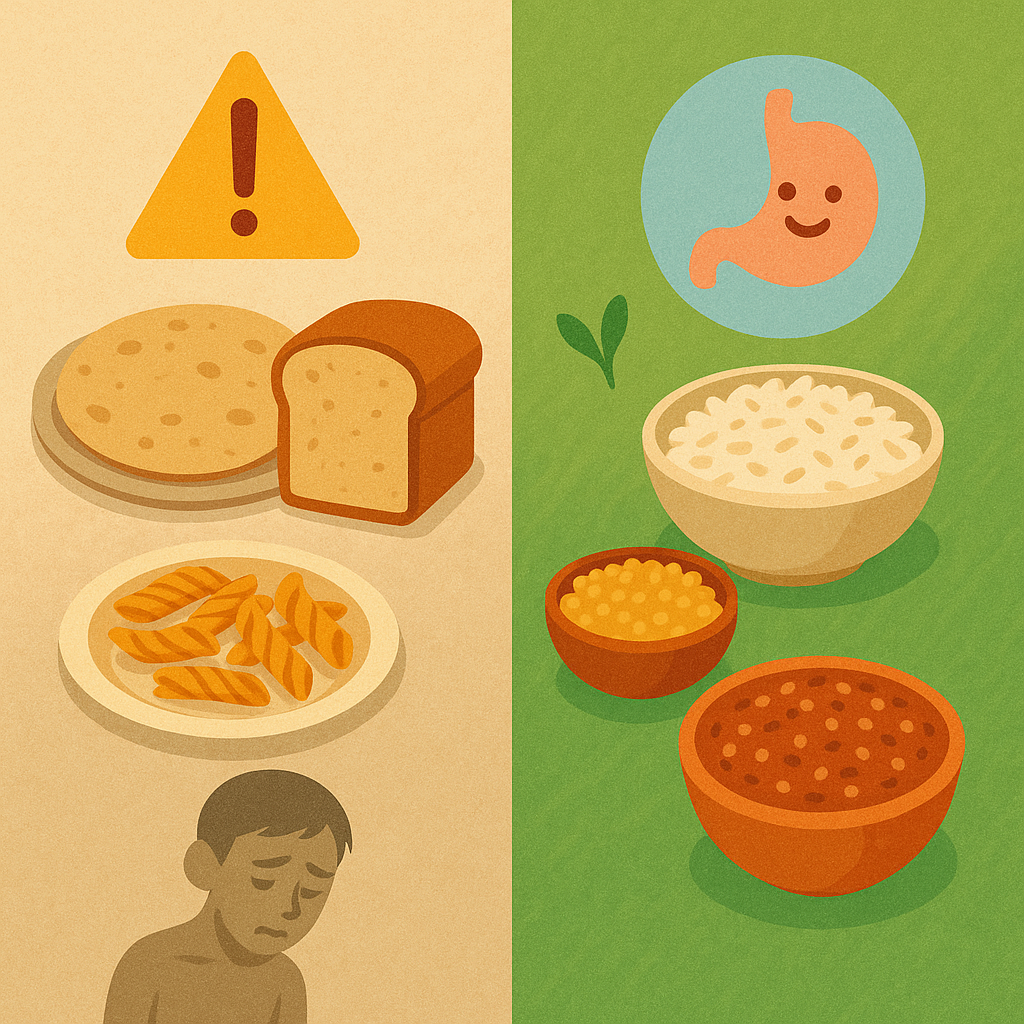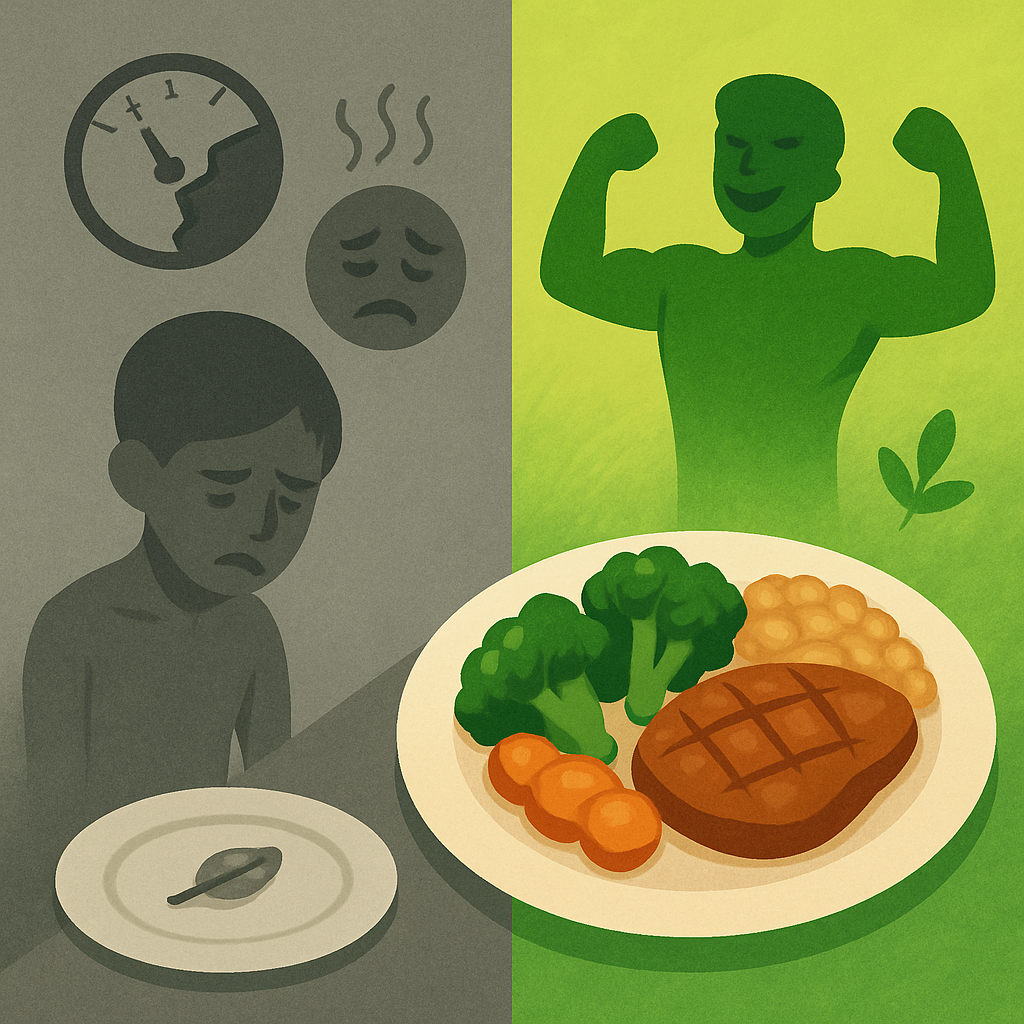Measure Your Oil, Protect Your Heart
Is your cook adding too much oil to your food? Or are you unknowingly pouring more than needed while cooking? If yes, it’s time to take a closer look at how much oil is actually going into your meals—and your body.
Why Should You Monitor Your Oil Intake?
While fats are essential for your body, too much oil—especially in everyday cooking—can silently harm your heart. Excessive consumption of oils and ghee can lead to:
- High cholesterol
- Weight gain
- Increased risk of heart disease
- Poor digestion
You don’t need to give up oils altogether—just learn how much is right for you.
How Much Oil Is Too Much?
For a healthy adult, the recommended oil intake is:
- ✅ 3 to 4 teaspoons per day (approx. 20 ml)
- ✅ That adds up to 500–600 ml per month
This amount includes all oil sources—from cooking to salad dressings and hidden oils in packaged foods.
Smart Tips to Monitor Oil Usage at Home
1. Keep a Measured Stock
Pre-calculate the monthly oil allowance for your family and keep only that much in the kitchen. It’s easier to avoid overuse when you measure it ahead.
2. Communicate with Your Cook
If someone else prepares your meals, ensure they’re aware of how much oil is healthy. Encourage them to measure oil by spoon rather than pouring it freely.
3. Switch to Heart-Healthy Oils
Choose oils rich in unsaturated fats such as:
- Olive oil
- Mustard oil
- Groundnut oil
- Avocado oil (in moderation)
Also, rotate your oils monthly to get a wider variety of essential fatty acids.
Cook Smarter, Not Oilier
🔹 Use non-stick cookware – less oil required
🔹 Try baking, steaming, or grilling
🔹 Use oil sprays or brushes for even, minimal application
Even these small changes can drastically reduce your oil consumption without sacrificing taste.
Conclusion: Small Step, Big Impact
It’s not just about cutting back—it’s about being mindful. Measuring your oil intake is a simple but powerful change that can protect your heart, control your weight, and improve your overall well-being.
Start today. Because when it comes to your health, a spoonful less can mean years more.
In case of any related query related to nutrition or weight management book an appointment with Dt. Silky Mahajan .You can also send us a mail at info@foodsandnutrition.in or call on 7829999400. Follow us on facebook & instagram for latest updates.











